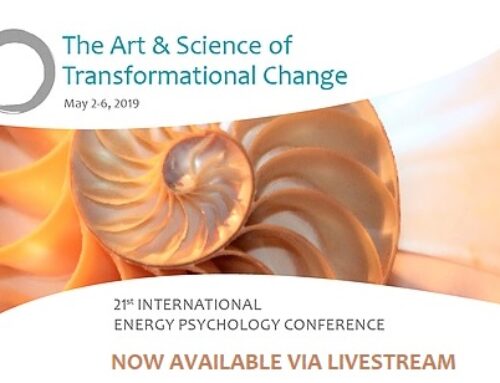The CRISPR Way to Identify Proteins Essential to HIV-1 Infection. From N Engl J Med 2017; 376:1290-1291.
One of the great joys of being an ID/HIV specialist is looking back at how far we’ve come in HIV prevention and treatment since the beginning of the epidemic.
Here are a bunch of things we know about HIV prevention, listed roughly in order of when we learned them — and forgive me if this is an oversimplification for this sophisticated readership:
- Condoms work very well in preventing HIV transmission.
- Taking a brief course of HIV therapy soon after exposure reduces the risk of HIV acquisition.
- Babies born to HIV-positive mothers do not contract HIV if the moms take suppressive HIV therapy.
- Male circumcision reduces the risk of these men acquiring HIV.
- People do not contract HIV from their HIV-positive partners if the person with HIV takes suppressive HIV therapy.
- People taking pre-exposure prophylaxis markedly reduce their risk for HIV acquisition.
You’ll note that nowhere on this list is anything about preventing HIV in babies born to women who don’t have the virus to begin with — because the babies are not at risk, even if the mother’s male sexual partner has HIV.
Just typing that sentence felt a little strange it’s so obvious. However, it seems that He Jiankui may not understand this basic fact.
He’s the scientist who startled the world by releasing news that he and his research team had used CRISPR–Cas9 genome-editing to alter the embryos of two babies. The editing disabled the CCR5-gene, which means the babies lack a key co-receptor that HIV uses to infect cells.
However, as noted at 1:53 in the above-linked video, it’s the father who has HIV. Indeed, reports indicate that eight serodiscordant couples have participated in his studies — all with the fathers having HIV.
I’ll let others with far greater knowledge of genetics, embryology, and medical ethics comment on just how reckless this experiment was — here’s a good take (there have been many).
But from an HIV prevention perspective, it’s easy to judge — it makes zero sense to do this since the babies aren’t at risk of getting HIV to begin with. For them and their families, the genome-editing was all risk and no reward.
Let’s hope the mothers understood this before they agreed to participate in this disturbing experiment.



